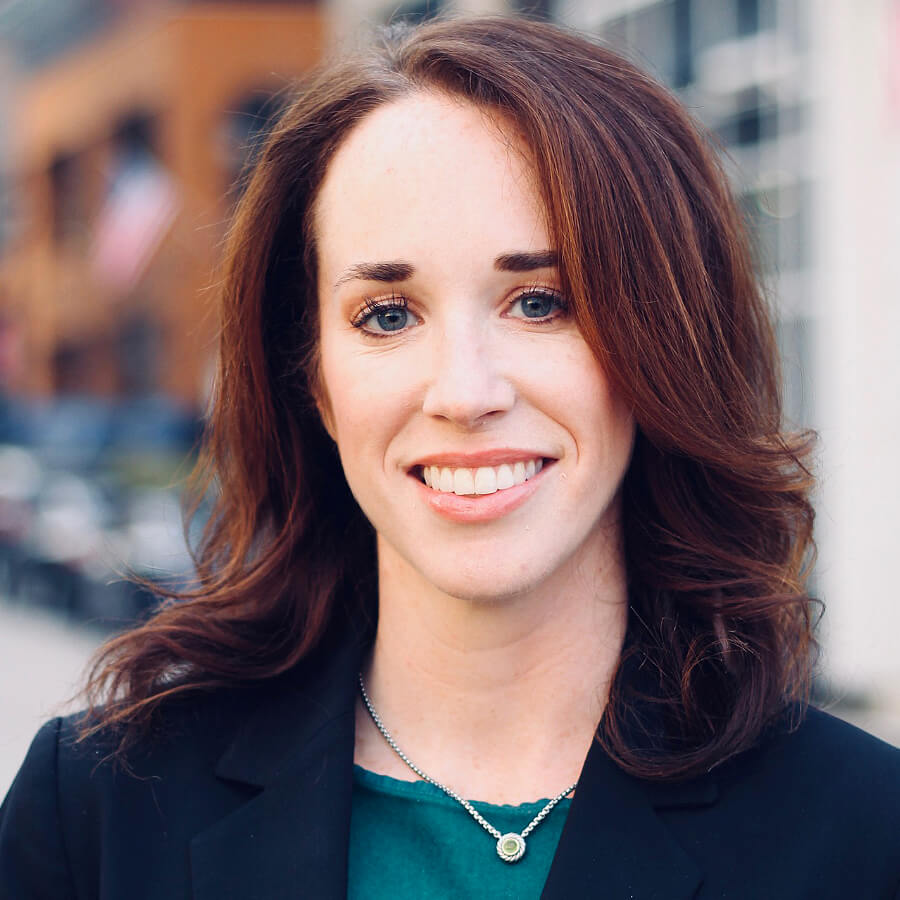A lot is going on here in the US and internationally – and the CBD Association has got you covered! Here are some recent developments:
1. In Canada, Thousands of Acres of Greenhouse Space Sits Empty – Can They Pivot to Assist in Canada’s Food Shortage?
Thousands of square feet of shuttered cannabis greenhouses are now lying empty in British Columbia and Ontario due to the sudden and rapid decline of that industry over the past six months. As of November 2019, according to calculations by cannabis analyst Chris Damas, there was at least 23 million square feet of cannabis greenhouses in Canada and more than three million square feet has since been shuttered. George Smitherman, head of the Cannabis Council of Canada, an industry lobby group, said he sent a letter to the federal government just last week that stated the cannabis industry is ready to help, if need be, on the issue of food security.
“Surplus growing capacity does exist in the cannabis sector, and so we want to impress upon the government that we are here to help,” he said. Cannabis companies with spare greenhouse space have the ability to retrofit their operation to grow fruits and vegetables. The cost could be a big financial hit for cannabis companies but could be the easiest answer to food shortages in Canada.
2. Cannabis Giant Canopy to Continue Drastic Downsize of Portfolio
Under new leadership, Canopy has announced that it will either scale back or close down operations in New York, Saskatchewan, Colombia, South Africa and Lesotho and cut 85 full-time jobs. This is in addition to the recent cut of 500 employees. “We are not surprised Canopy is transferring ownership of its local operations in South Africa/Lesotho while abandoning cultivation in Colombia,” said Andrew Carter, a cannabis analyst at Stifel Financial Corp. “While a number of countries have legalized marijuana for medical use, the pace of implementing commercial systems has been well below the industry’s aggressive projections.” Matt Bottomley, a long-time cannabis analyst at Canaccord Genuity Corp., said Canopy’s operational changes move it away from cultivation and toward being a consumer-packaged-goods company that purchases biomass instead of growing it. “Winners in the space don’t have to be farmers,” he said. “There is way too much licensed cannabis growing space in Canada, and even in places like Colombia, so it’s a good decision to move out of that.”
3. Legalization in US Hits Roadblocks
Florida: The Florida Senate is attempting to use a new state law to block a proposed recreational cannabis amendment from 2022 ballots, stating that because the proposal violates federal law, it violates the Florida Constitution. The Florida Supreme Court is expected to hear oral arguments on May 6th.
Missouri – A campaign to place an adult-use cannabis legalization initiative on Missouri’s 2020 ballot is suspending its efforts due to the COVID-19 crisis. The initiative, led by New Approach, had to collect 160,000 valid signatures by early May to get the issue before voters this fall. Due to the pandemic, voters are prohibited from gathering to collect signatures.
4. CBD Companies Pivot During COVID-19
In late March, the U.S. Food and Drug Administration said it wouldn’t take action against manufacturers that are not already regulated by the agency if they made hand sanitizers following certain protocols, recognizing that that there had been a significant supply disruption for the alcohol-based products. In response, several hemp processors converted their CBD operations to produce ethanol-based hand sanitizer to keep their staff employed during the economic downturn caused by the coronavirus outbreak.
Global Cannabinoids, a B2B producer, manufacturer and distributor of American-grown, hemp-derived cannabinoids, then formed a new entity, Global Sanitizers LLC, and directed its large supply of ethanol to hand sanitizer manufacturing.
Thar Process, a Harmar, Pennsylvania-based company that makes hemp- and algae-based medicines, nutritional ingredients and supplements, developed a hemp-based hand sanitizer called Hemp Pura that it’s been donating to local homeless shelters, health networks, police departments, municipalities and other essential workers. The product was initially made for the homeless to provide a first line of defense against COVID-19.
Denver-based CBD wellness company Privy Peach says it is donating $10,000 worth of CBD tincture to medical staff interested in trying CBD during the COVID-19 crisis.
5. Kansas State Hemp Plan Approved by USDA
On April 17, 2020, the USDA approved the plan by the Kansas Department of Agriculture to change Kansas’ research-based commercial hemp program to a Commercial Industrial Hemp Program. This approval is a critical formal step in the process of establishing the new commercial hemp program.
The formal adoption process for the Commercial Industrial Hemp Program regulations is being reviewed by several state entities including the Division of Budget, the Department of Administration, the Attorney General and the Joint Committee on Administrative Rules and Regulations. Once the regulations are reviewed, they are subject to a public hearing. Given the timeline of the formal adoption process, it is anticipated the Commercial Industrial Hemp Program will be finalized no earlier than fall 2020. At this time, the industrial hemp industry in Kansas continues to function under the Industrial Hemp Research Program regulations. The USDA approved regulations can be found here.


